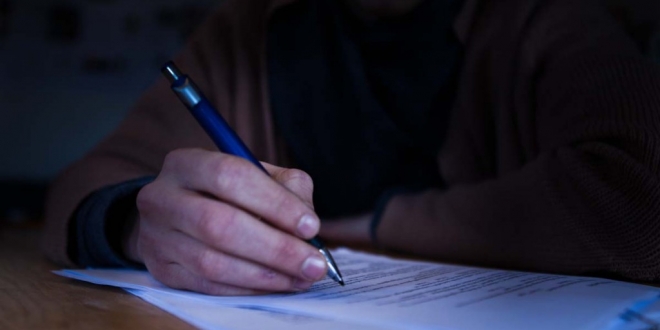In the wake of the Macchiarini scandal, more and more cases of cheating are uncovered in research. According to a new study, there are severe issues within Social Sciences as well.
The two Linköping-based researchers, Solmaz Filiz Karabag and Christian Berggren, have inspected all articles in economics, organisation, and leadership that have been rejected from scientific journals in the period 2005 – 2015. The total number of articles concerned is 184. The researchers have also noted that the number of rejected pieces have increased.
Before 2005, there were no rejected pieces at all, while there was an all-time high in 2015.
“We cannot unquestionably say that the level of cheating is increasing; it might be that the control agents have become more effective,” says Christian Berggren, Professor at the Department of Management and Engineering.
Increasing pressure
According to researchers themselves, one reason for the feeling of increasing pressure is that the universities want to have productive and often quoted and cited researchers – this leads to the researchers climbing ranking lists, generating more appropriations. The want for efficiency makes researchers go into grey areas, and sometimes, cross the line into scientific dishonesty.
“Today, getting published is vital for a researcher to be able to compete for positions,” Senior Lecturer, Solmaz Filiz Karabag emphasises.
Undermines trust
But in contrast to the Macchiarini case, the study made by the Linköping researchers mostly concerns plagiarism, or fabrication of data.
“Granted, it does not entail physical damage, but it steals space away from genuine contributions, as well as undermines the trust of researchers in general,” Christian Berggren says.
The study also discusses something that is called salami publication or segmented publication, i.e. when researchers split their results in as many parts as possible, to publish as many articles as possible. About half of editors of scientific journals see this as a problem.
Text: Tindra Englund
Translation: Richard Helander






